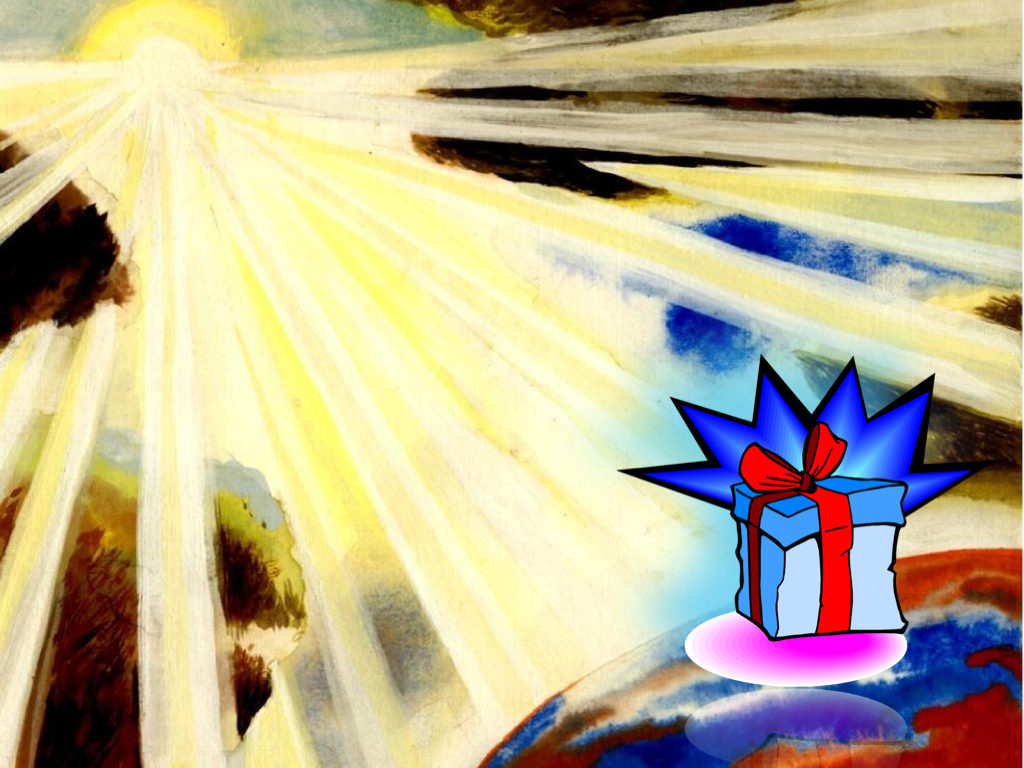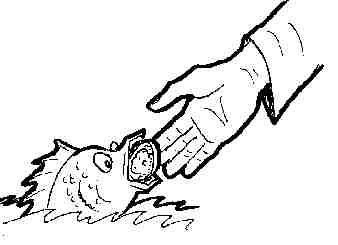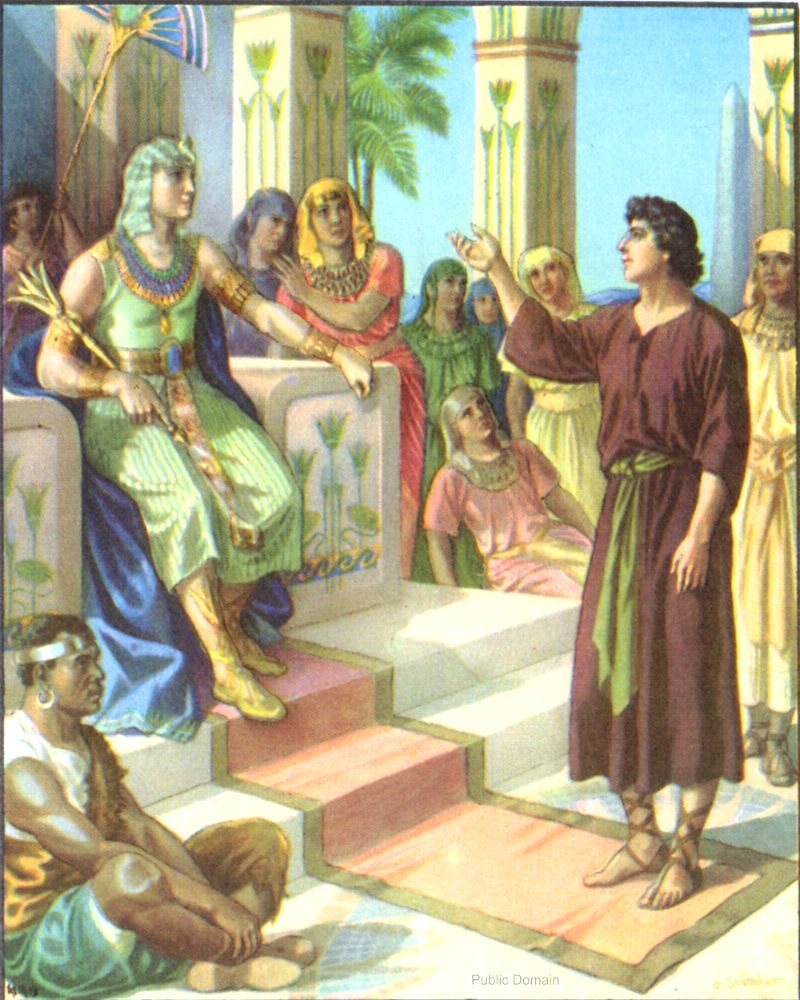
To the casual observer, Hanukkah is a Jewish holiday that occurs around Christmas-time and has something to do with lighting a menorah-like candelabra, and somehow relates to some important event that occurred a long time ago in Jewish history. Some Bible teachers even claim that Hanukkah is pagan-based holiday that in some way honors the demonic sun god of antiquity. But as we shall see below, there is a hidden truth behind the Hanukkah holiday that the devil doesn’t want people to know about. In fact, by the end of this study, you will hopefully see that Hanukkah celebrates the truth of the Messiah’s incarnation better than Christmas ever did and minus all the pagan trappings. You’ve probably never heard this before and wonder how this could be, so read on.
Anyone who has barely scratched the surface of the historical origins of Christmas’ realizes that they are profane and unbiblical. Christmas is the Christianization of some vile pagan traditions based on celebrating the winter solstice in honor of the demonic sun god through lewd and drunken, orgiastic and satanic rituals. Though the tradition of the Christmas tree came later, it is rooted in pre-Christian sex worship rituals that come straight out of demonic sun god worship, and is something that the Bible in many places condemns and forbids the saints from practicing.
Hanukkah, on the other hand, doesn’t share Christmas’ pagan origins. Rather, this holiday links back directly to one of YHVH’s seven commanded biblical festivals. Though Hanukkah isn’t a commanded biblical holiday, and is of man’s creation, it still has prophetic implications that are worth noting. What’s more, it doesn’t carry the pagan baggage the Christian holidays like Christmas, Easter, Lent, All Saints Day (i.e. Halloween) and the others all do.
In our study of the origins of Hanukkah, let’s first demonstrate that a correlative link exists between the biblical fall festival of Sukkot or the Feast of Tabernacles (Lev 23:33–43) and Hanukkah. How is this? Interestingly, both Hanukkah and Sukkot along with the Eighth Day last for eight days. According to the intertestamental book of Maccabees, Hanukkah was a second, belated Feast of Tabernacles (Heb. Sukkot and the Eighth Day (Heb. Shemini Atzeret; see 1 Macc 4:44–59; 2 Macc 1:7–9; 10:1–8). After the Jews defeated the Greeks’ attempt to destroy Judaism and the Jewish people, the Jews had to cleanse and reconsecrate their temple from pagan defilement before again worshipping YHVH there. The temple wasn’t ready to be rededicated at the biblically prescribed time of Sukkot in the seventh month of the biblical calendar (in September/October), which is when Solomon dedicated the first temple (2 Chr 5:3; 7:8–9). Instead, the Jews rededicated the cleansed temple roughly two months later in the ninth month (in December), and they celebrated a belated or second Sukkot roughly two months later after the temple was finally cleansed.
Continue reading





